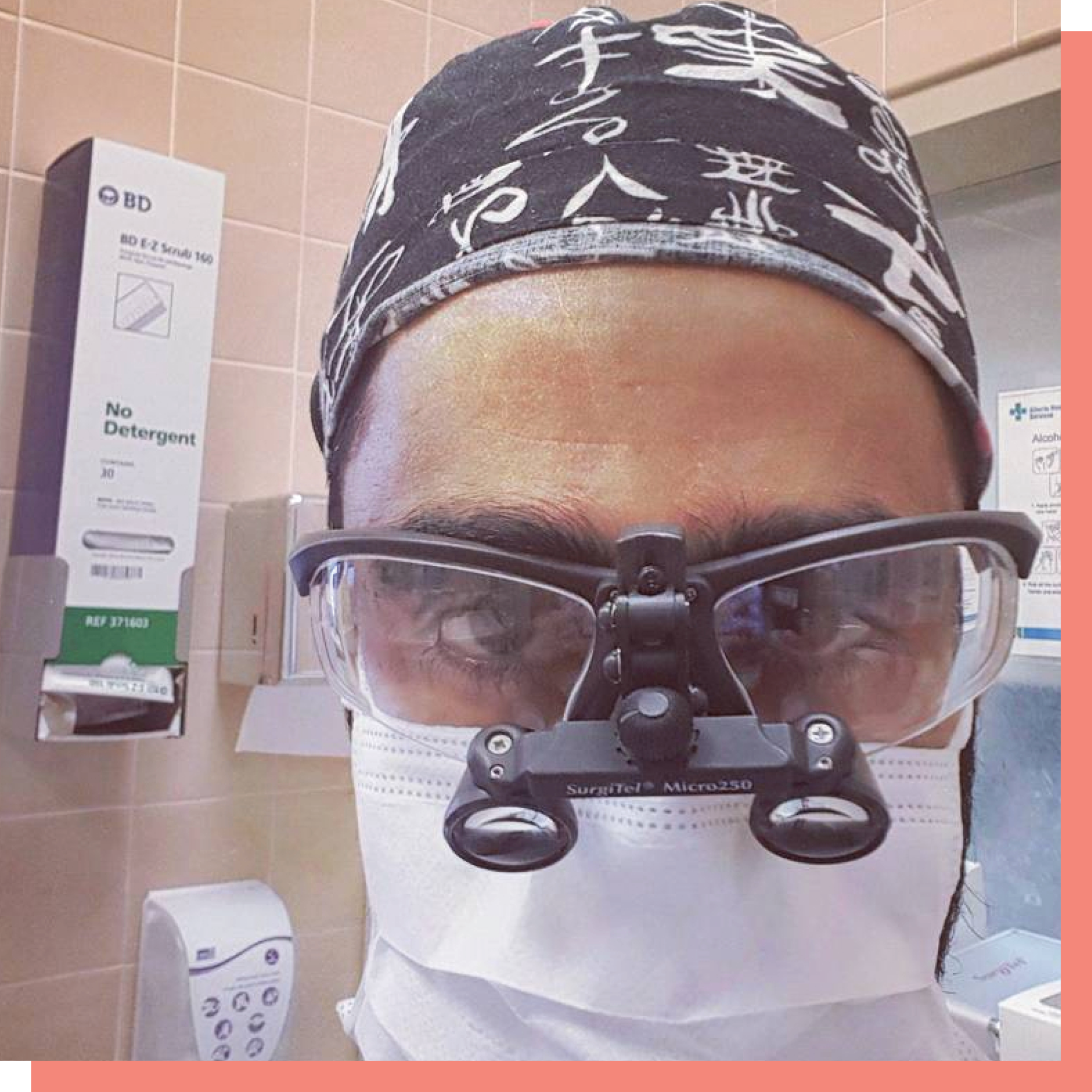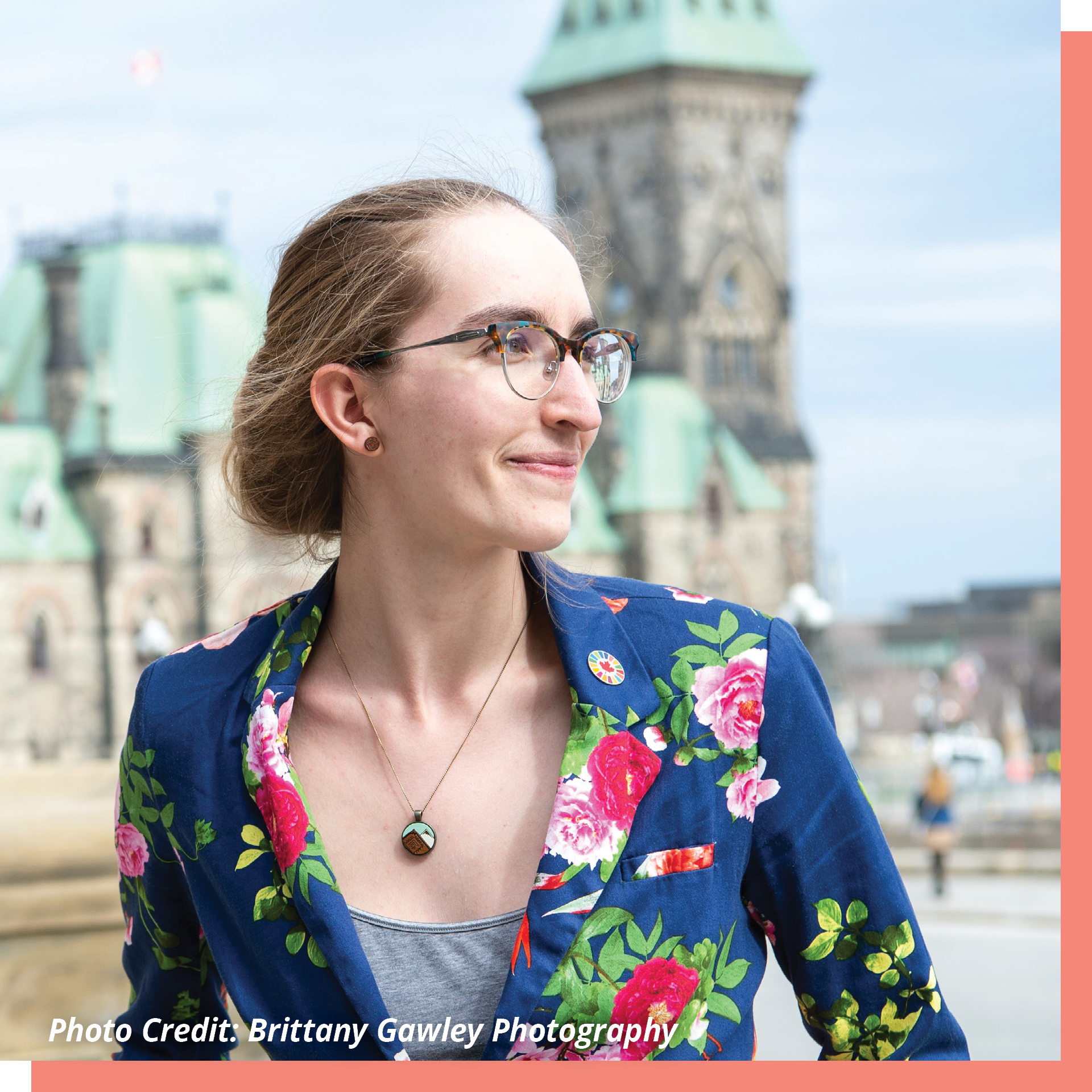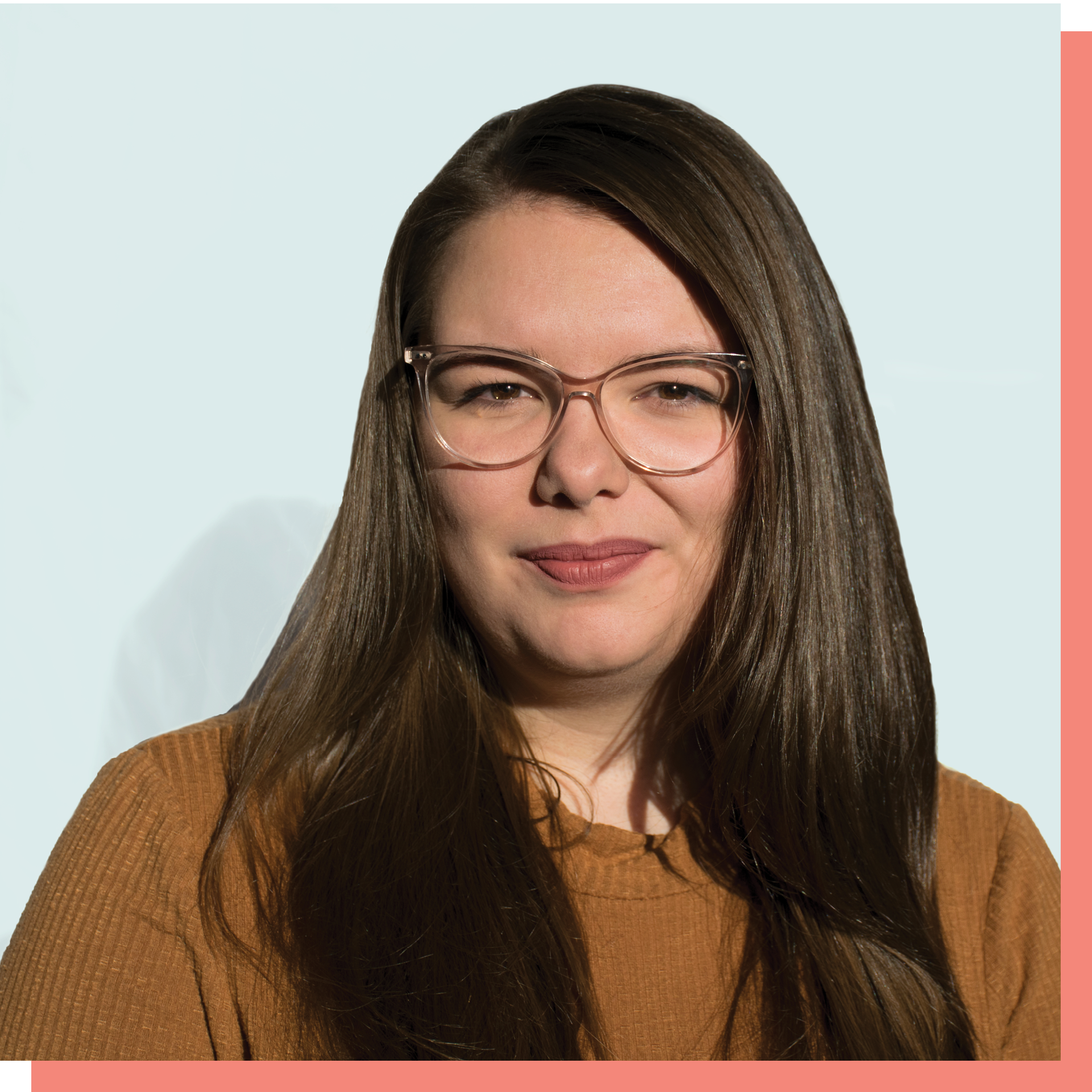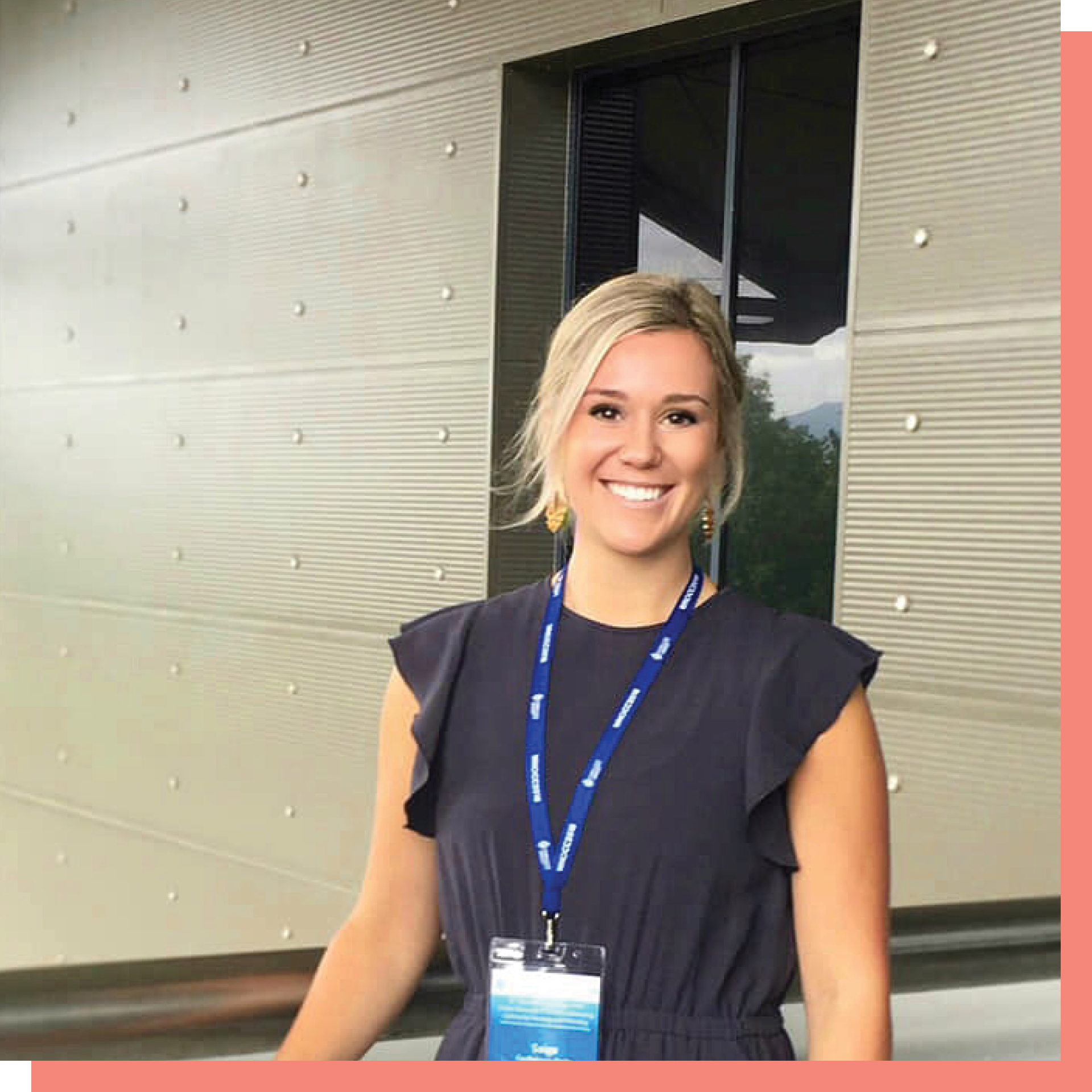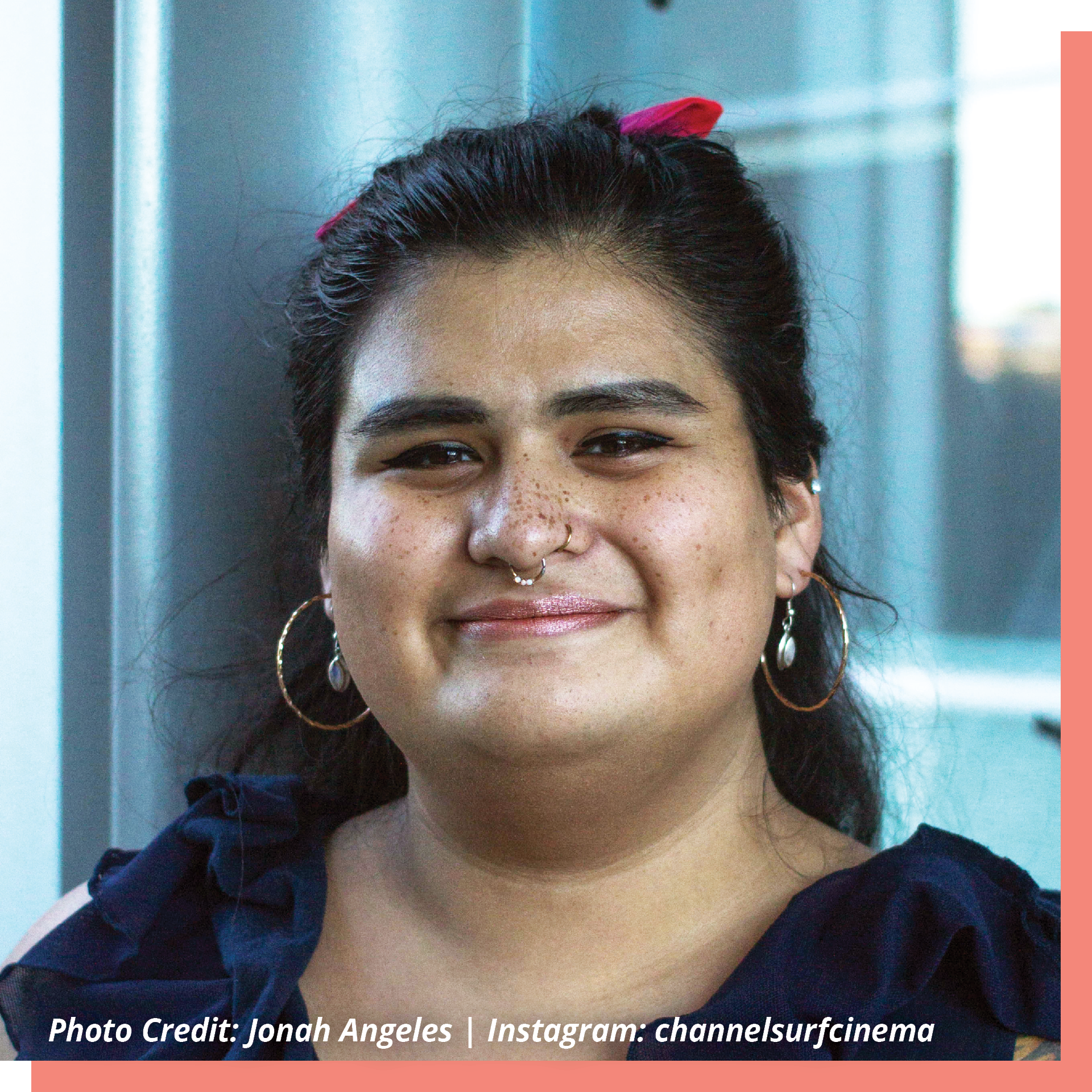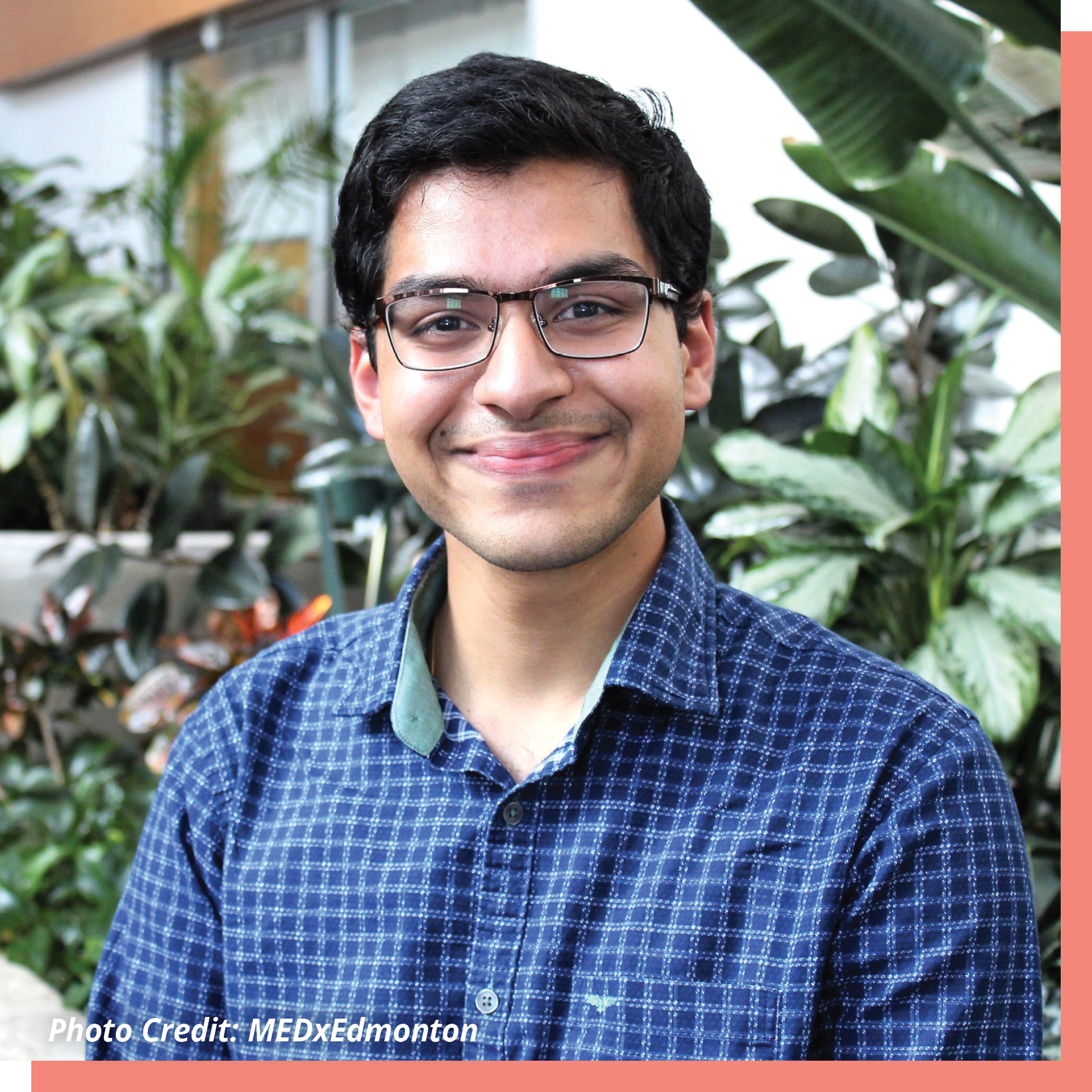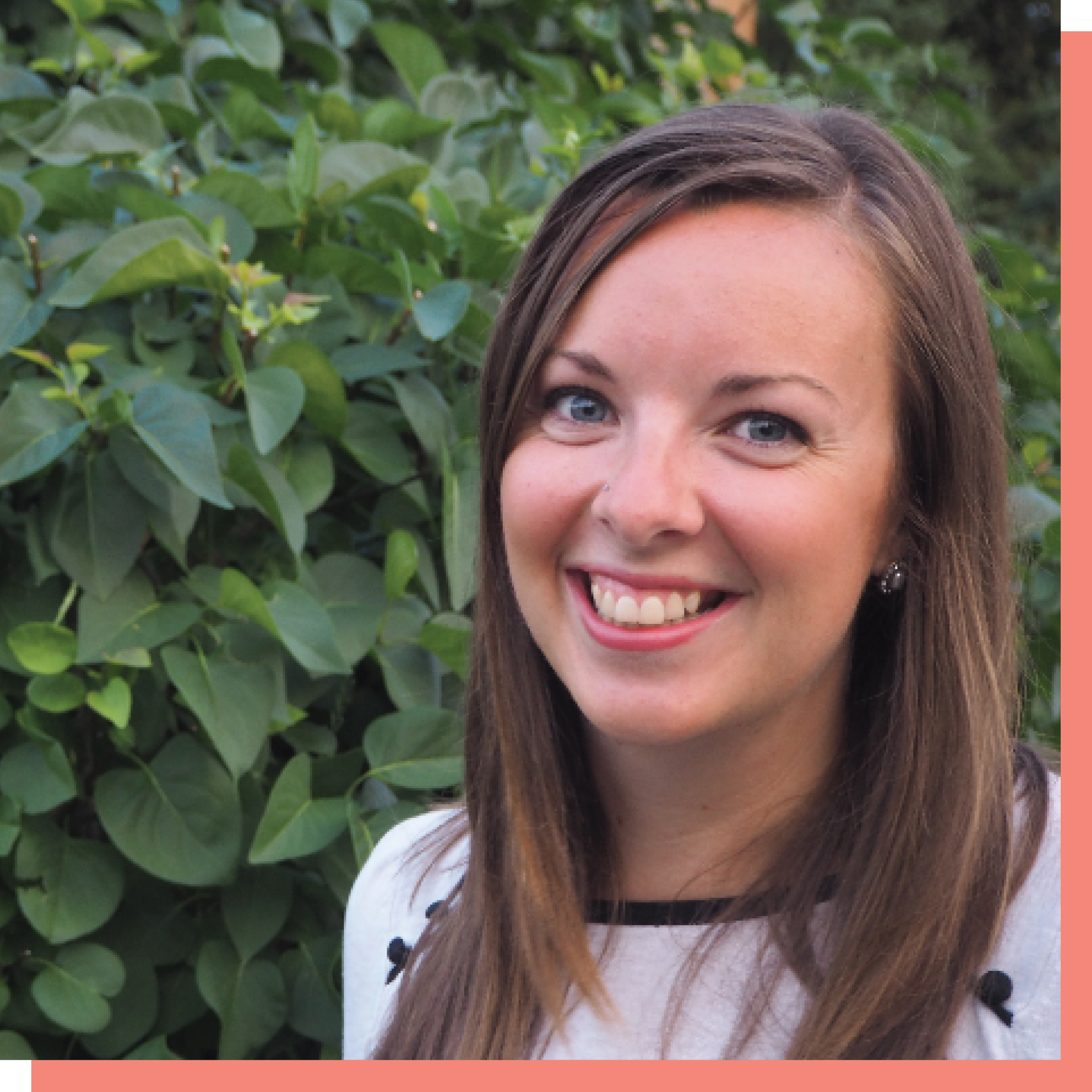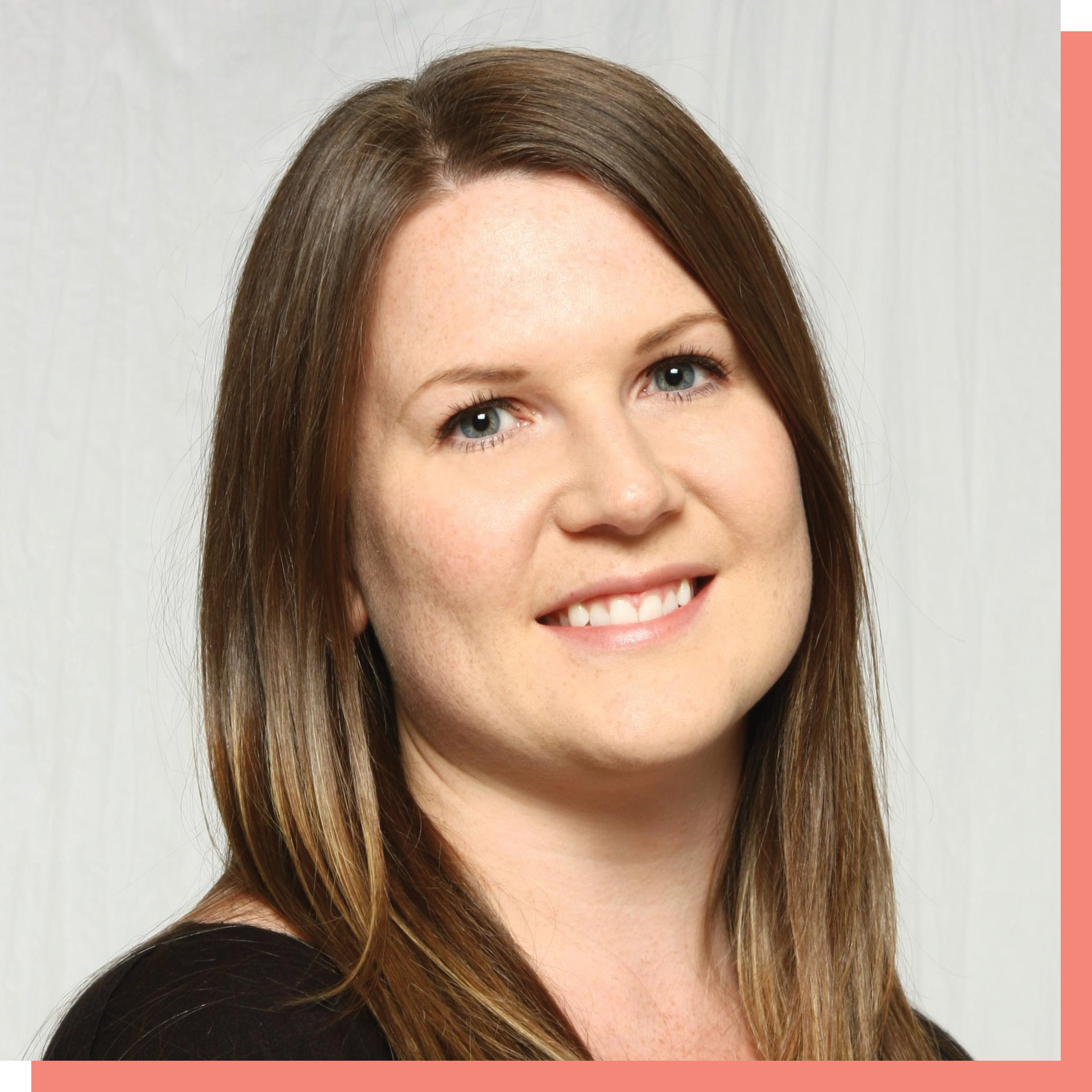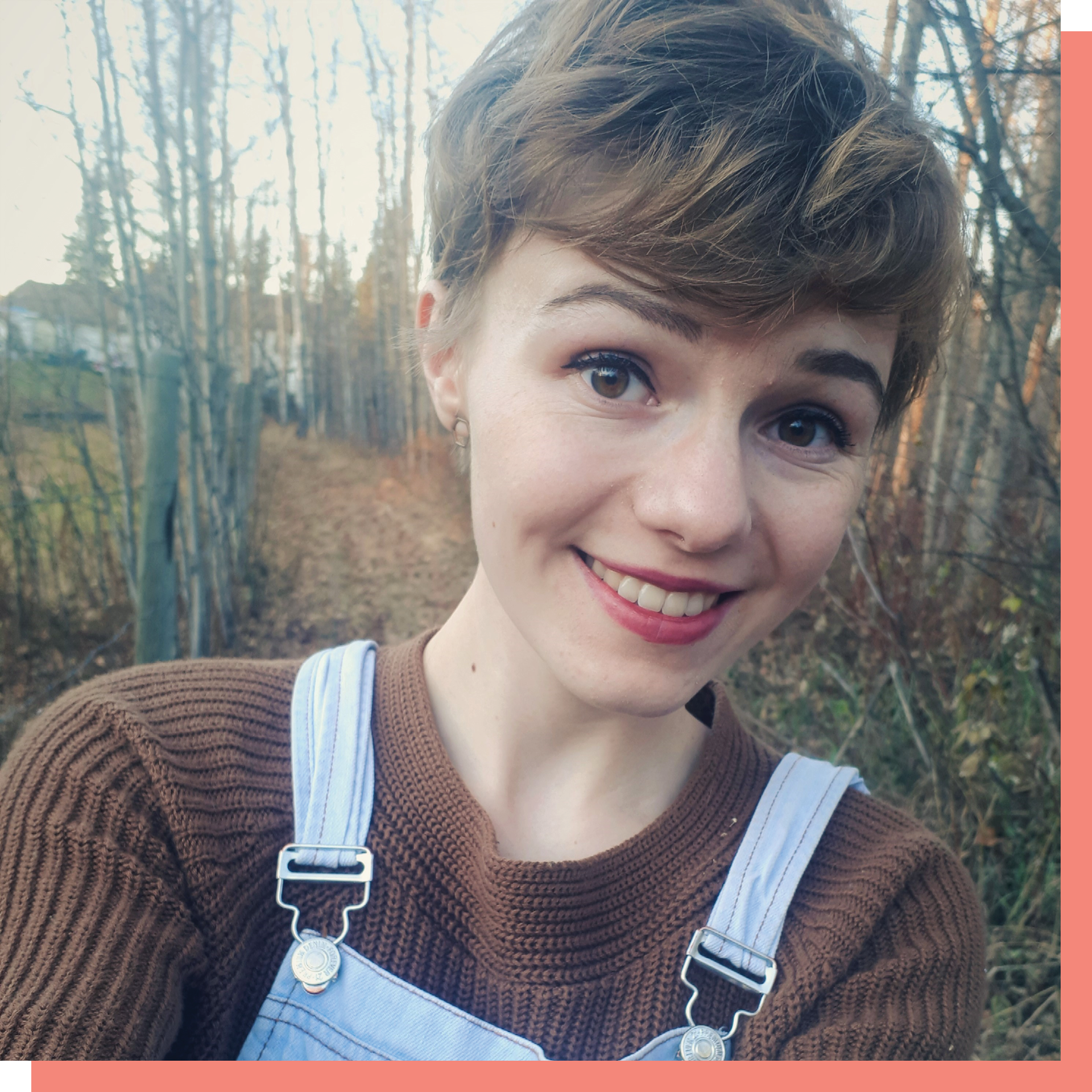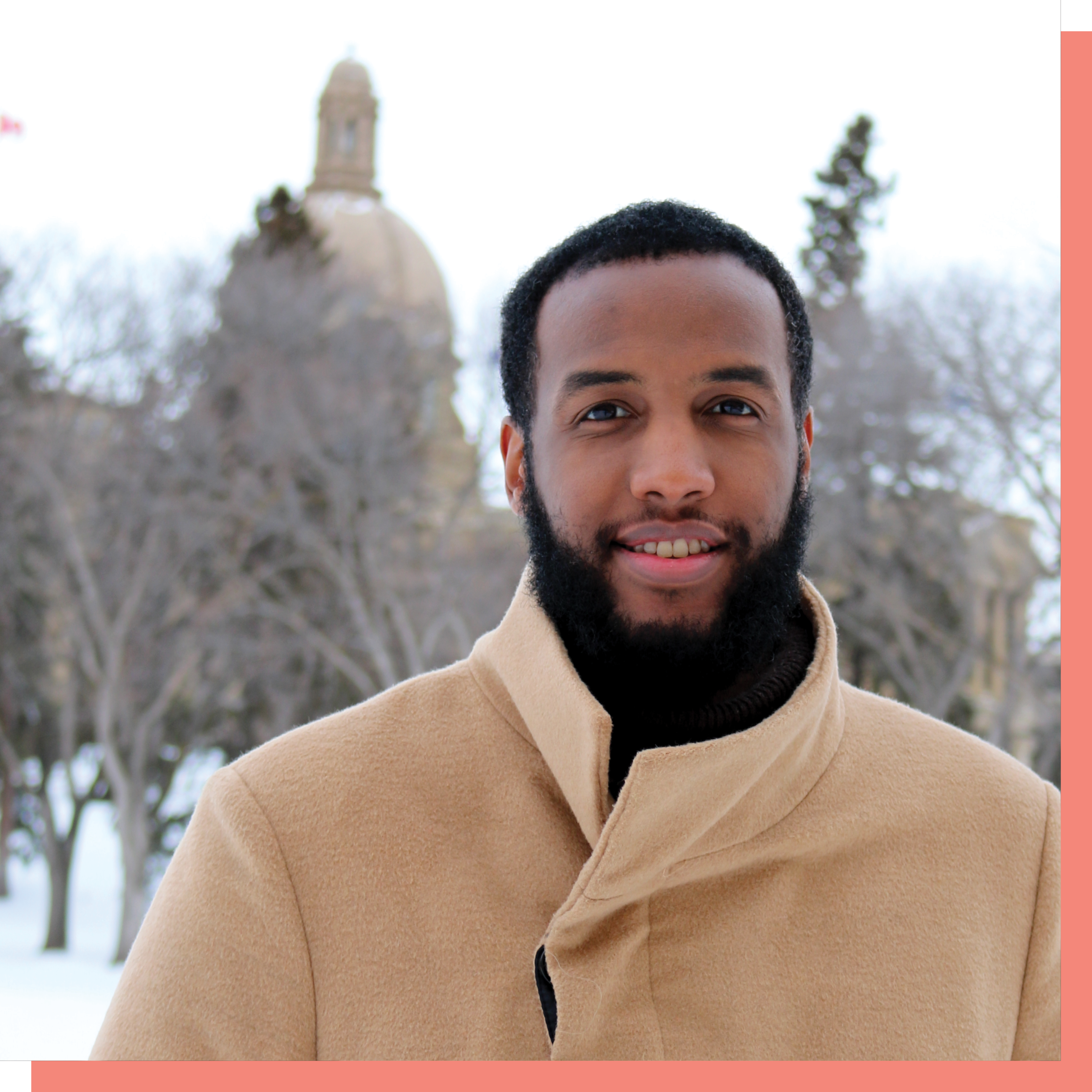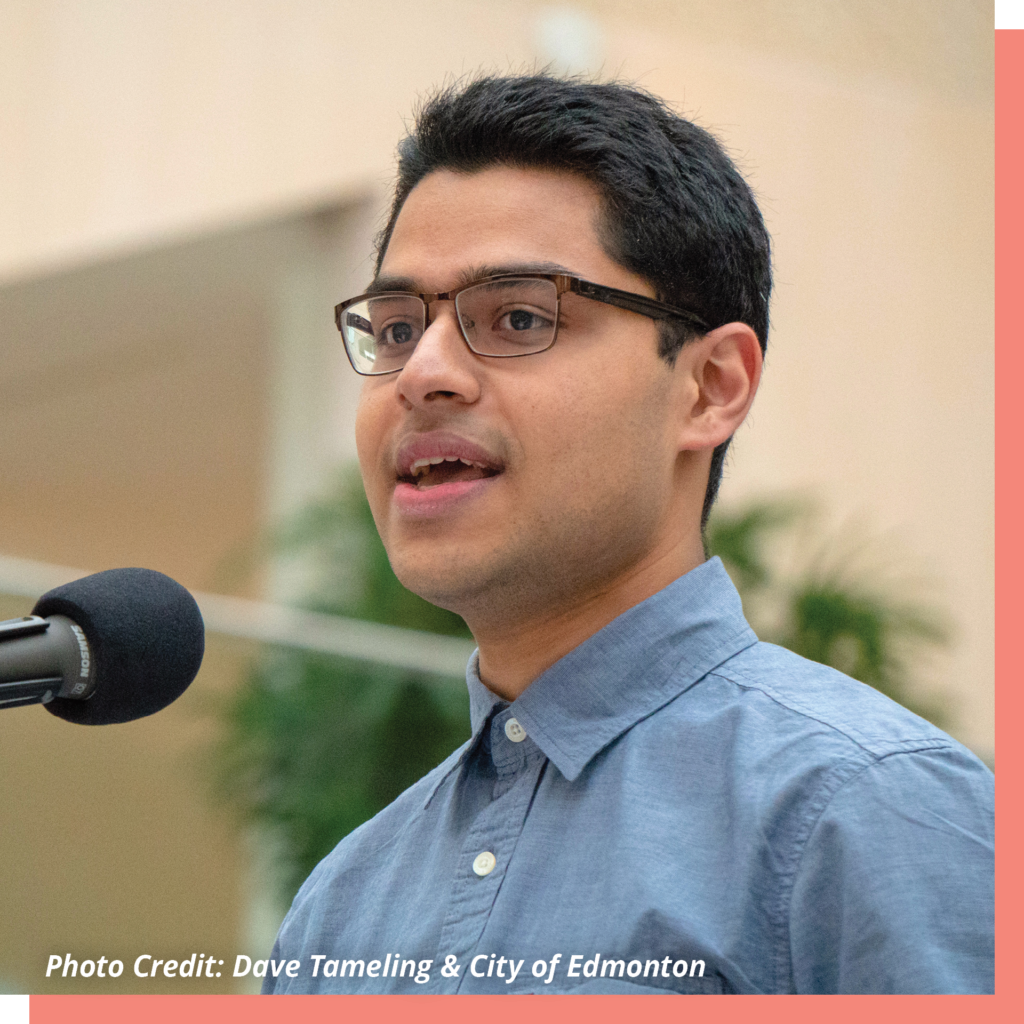
“People become change-makers when they work towards a mutually benefiting outcome, one based on tolerance and respect.”
-Peter Anto Johnson
Age: 22
Hometown: Angadical, Kerala, India
Currently Residing In: Edmonton, Alberta
Affiliations: Run for Support and Health (RuSH), University Infant Toddler Centre – University of Alberta, Student Health Committee, Health & Wellness Movement, Obesity Canada – Students & New Professional
What influenced you to become a change-maker?
I’m a women and children’s health researcher, community builder, and a “world-class daydreamer” according to my mom. Born alongside my identical twin brother in rural India, I was diagnosed with a developmental abnormality called intussusception at the age of two. This was an especially stressful time for my family, as the condition was life-threatening and the privatized rural health care system in Kerala was far from ideal. When I was six, we immigrated to Canada seeking out opportunity, investing in my early education. As I matured, I came to the realization that equality, sense of belonging, and respect was not always the status quo. Facing more challenges forced me to adapt and become resilient. This drove me to act—for children, for families, and for society.
How does your work promote gender equality in Canada and around the world?
As I work towards promoting women’s rights and gender equality, I believe it is important to consider the role of women as mothers. My undergraduate research involved studying iron-deficiency in mothers, a particularly prevalent issue in developing nations where accessibility to iron or other nutritional supplements are limited. I have also piloted the Physical Literacy for Active Youth (PLAY) program, a student-led physical literacy program in which university students lead play-oriented sessions at campus daycare centres. By fostering healthy habits in children from a young age, not only do children learn to integrate physical and mental health in their lives, but also university students gain these same benefits by teaching the children.
What change would you like to see in the world by 2030?
In 2030, I’d like to see a world where our social systems offer equal opportunity for women and children. As we are all living lives as members of different families and communities, I believe our policies should be reflective and more empathetic towards our different situations. In this way, we can develop our society to innovate, grow, and sustainably develop.

